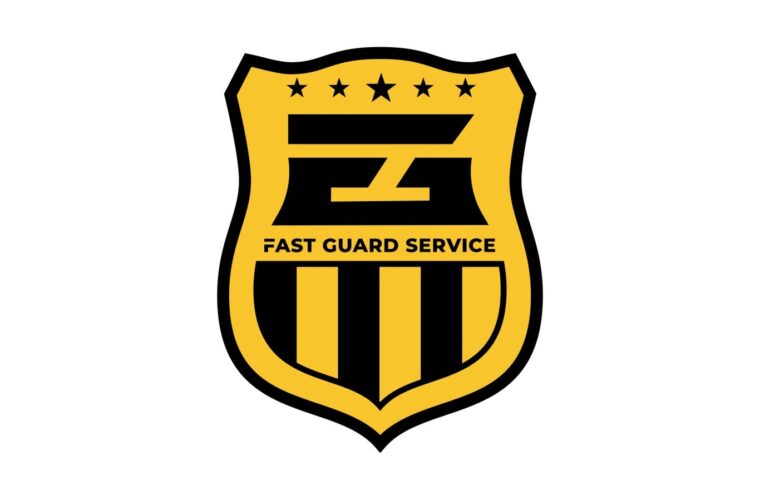Italy’s Olicyber project: cybersecurity awareness among youth
So, cybersecurity, we have the correct answer. It concerns Italy, thanks to the Olicyber project, which aims to train students in cybersecurity. It is a way to make young people aware of the risks that lurk on the Net and, at the same time, give them the tools they need to know how to defend themselves against cyber attacks. The initiative is also valuable because it prepares young people for the future by bringing them into contact with companies in the sector that collaborate in the various initiatives connected with Olicyber. To understand how it works, I interviewed Gaspare Ferraro, coordinator of the Italian Cybersecurity Olympiad.
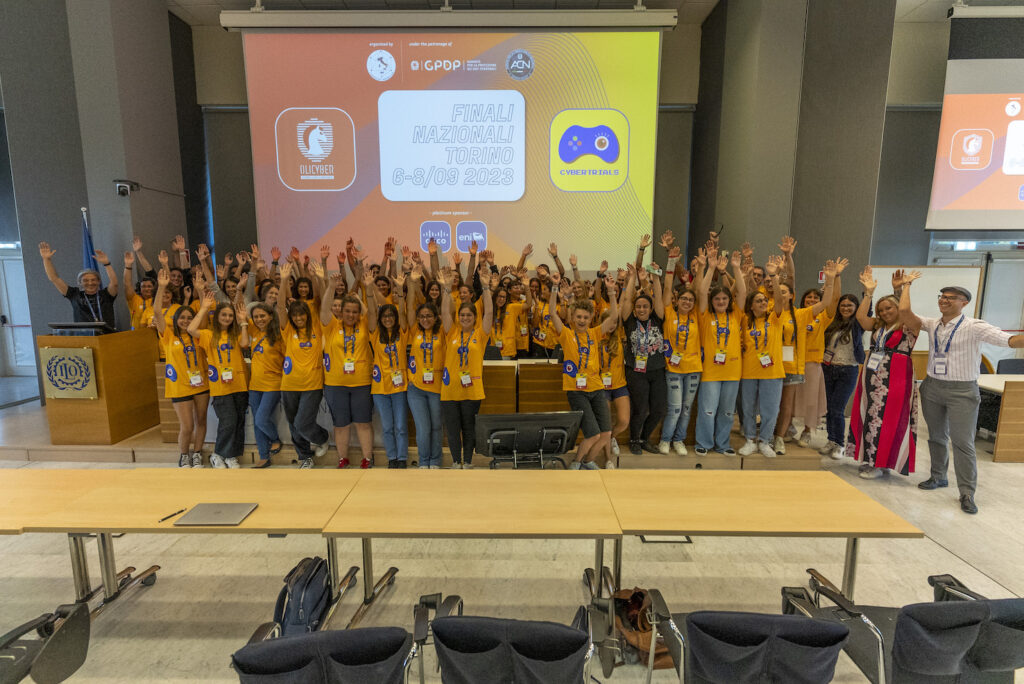
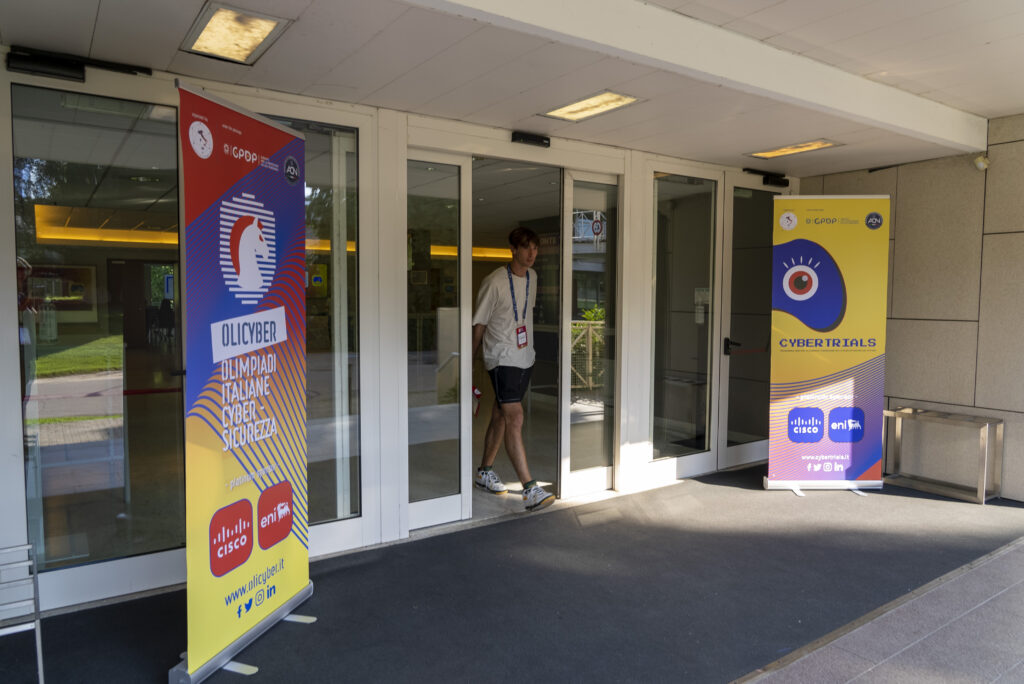
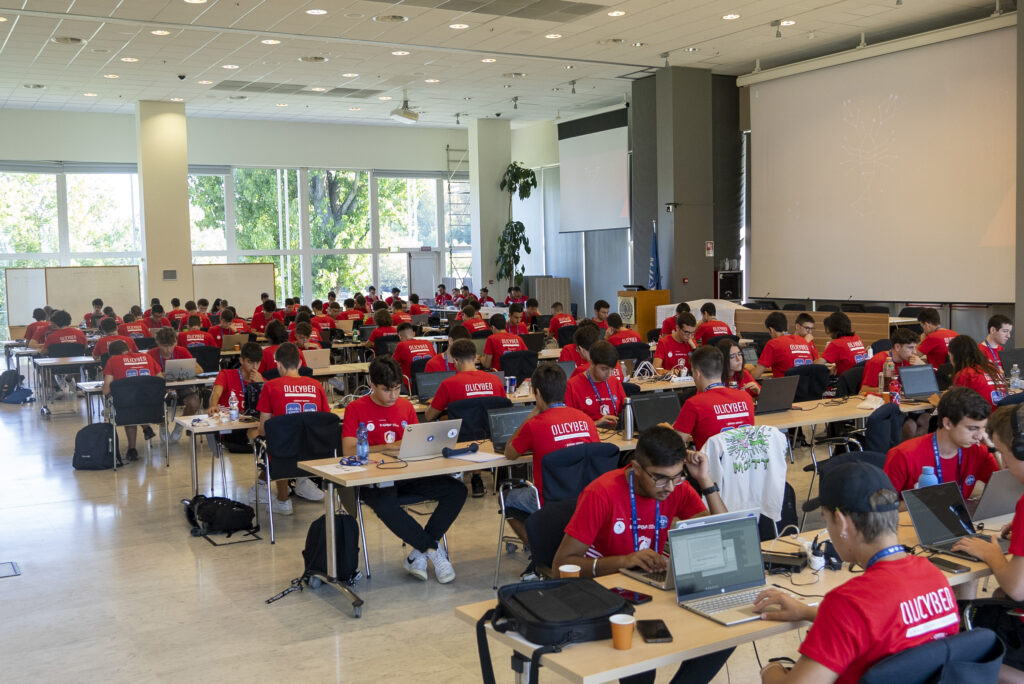
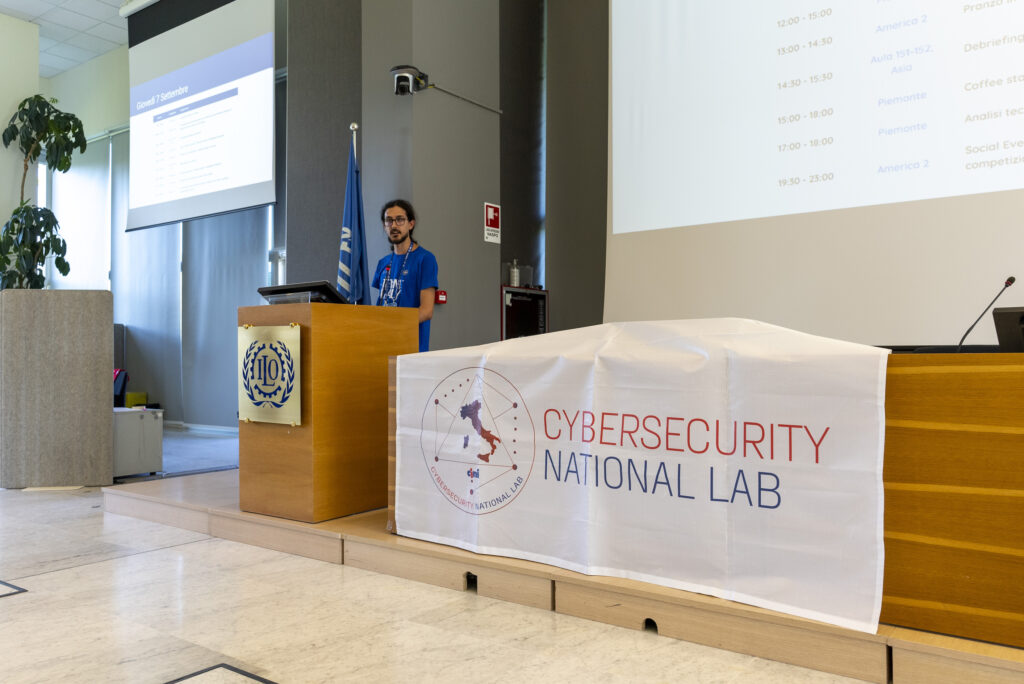
How did the Olicyber project come about, and what are its objectives?
The Italian Cybersecurity Olympiad, organised by the CINI‘s Cybersecurity National Lab, is a competition programme to foster and encourage students’ approach to cybersecurity issues. Acknowledged by the Ministry of Education as a Programme for the Enhancement of Excellence in Cybersecurity, it is dedicated to all students of secondary schools.
The programme was born in 2021 from the experience gained with the CyberChallenge.IT project, the latter dedicated mainly to university students, to address cybersecurity issues from the early high school years.
How many participants participated in the last edition of Olicyber, what were the steps for the final skimming, and how did the final act in Turin go?
In the last edition, 4100 participants from all over Italy took part, almost three times more than the 1700 of the previous year, which testifies to the constant increase in interest in this topic. The project starts with a school selection aimed at selecting the best participants from the participating schools, continuing with a territorial selection played at the regional level, from which one hundred finalists are chosen to participate in the project’s national competition each year.
During these trials, the students participated in online and in-presence training periods; this year, we organised three weeks of training camps between northern and southern Italy in which almost 400 participants took part.
What is the average level of computer literacy of the boys and girls you are confronted with, and what are their reactions when faced with the tests they have to perform?
In recent years, partly thanks to the OliCyber.IT project and the increased sensitivity of teachers, the average level of preparation of boys and girls in the IT field, especially in the cyber field, has risen considerably. From our observatory, as the editions of the Olympics have progressed, this has increased the technical complexity of the tests the participants are asked to solve, always receiving excellent feedback.
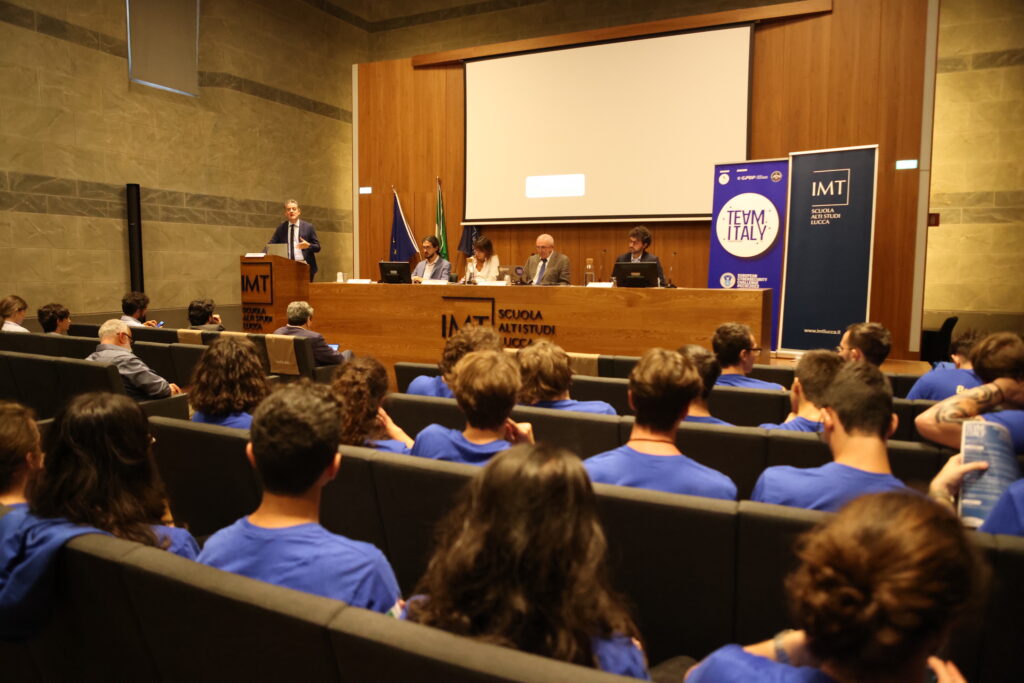
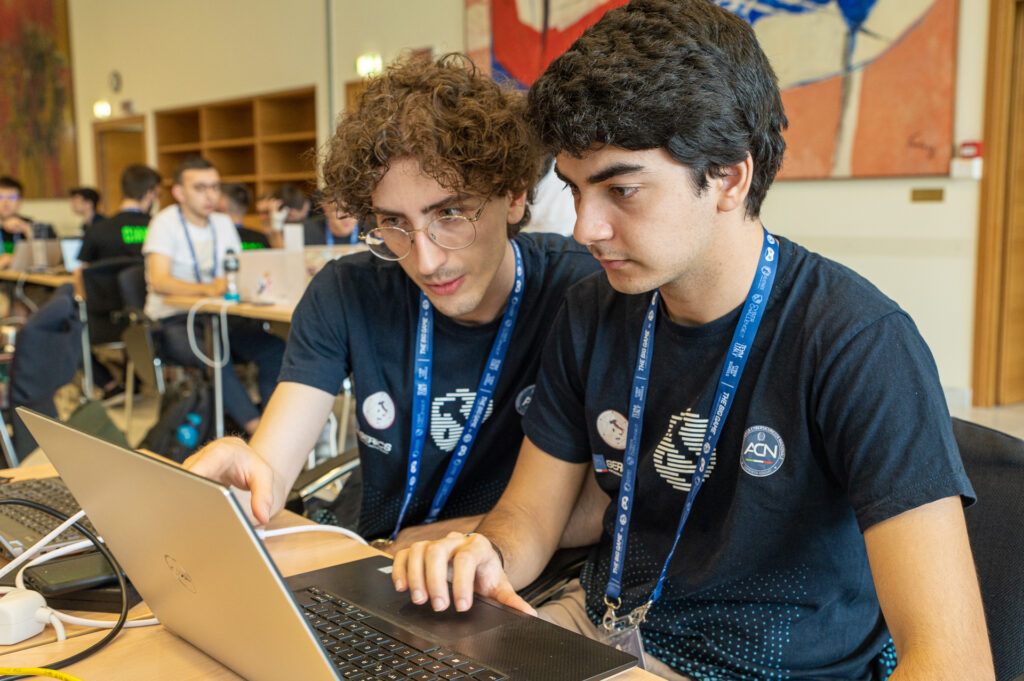
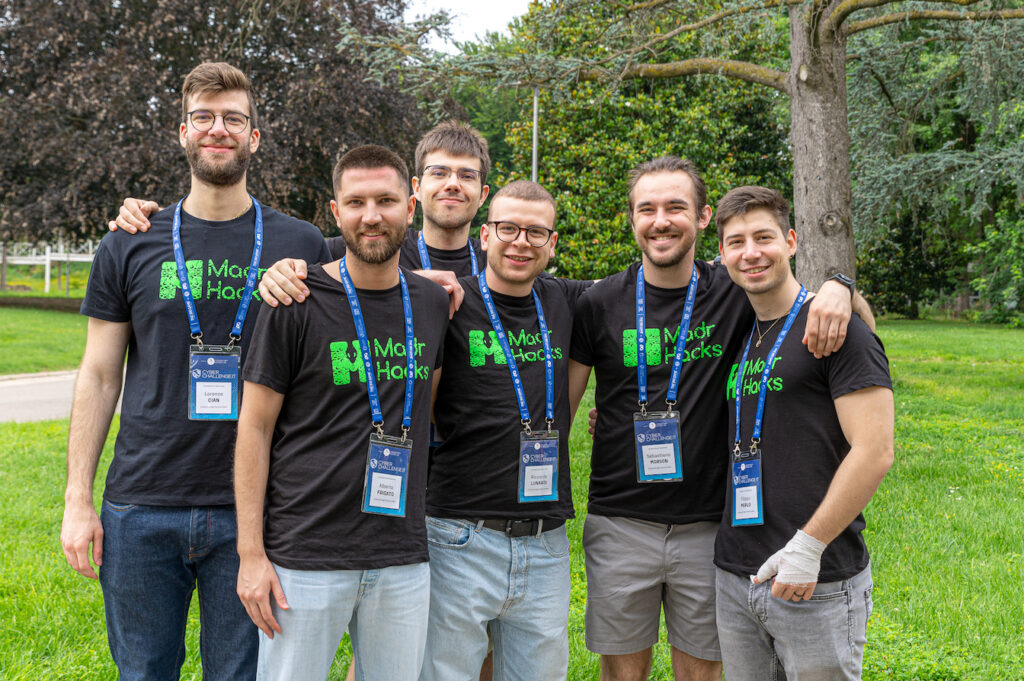
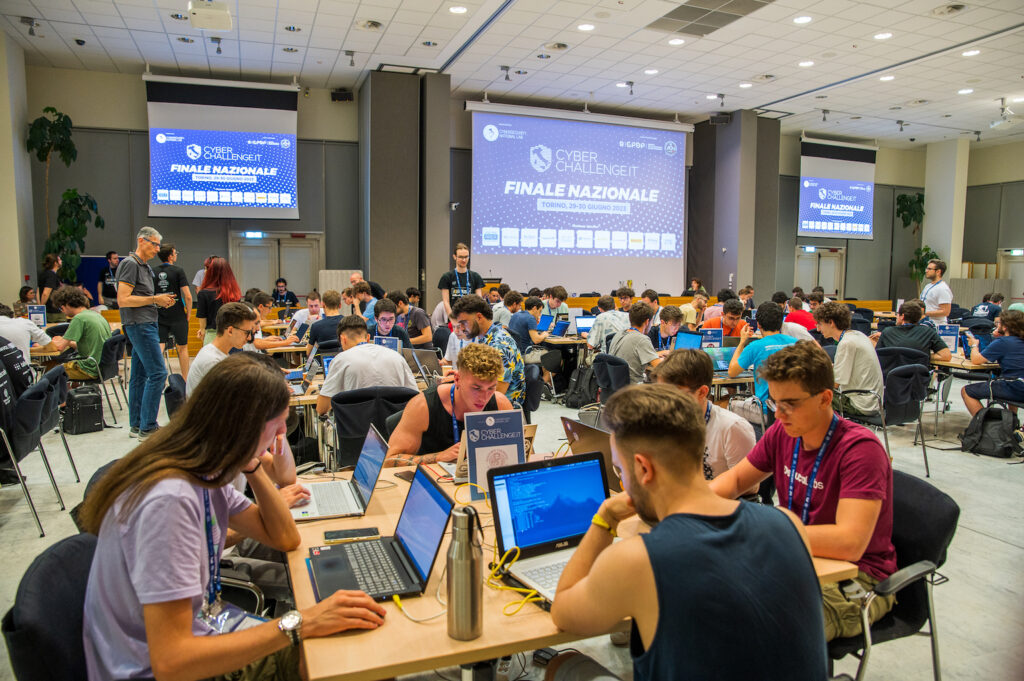
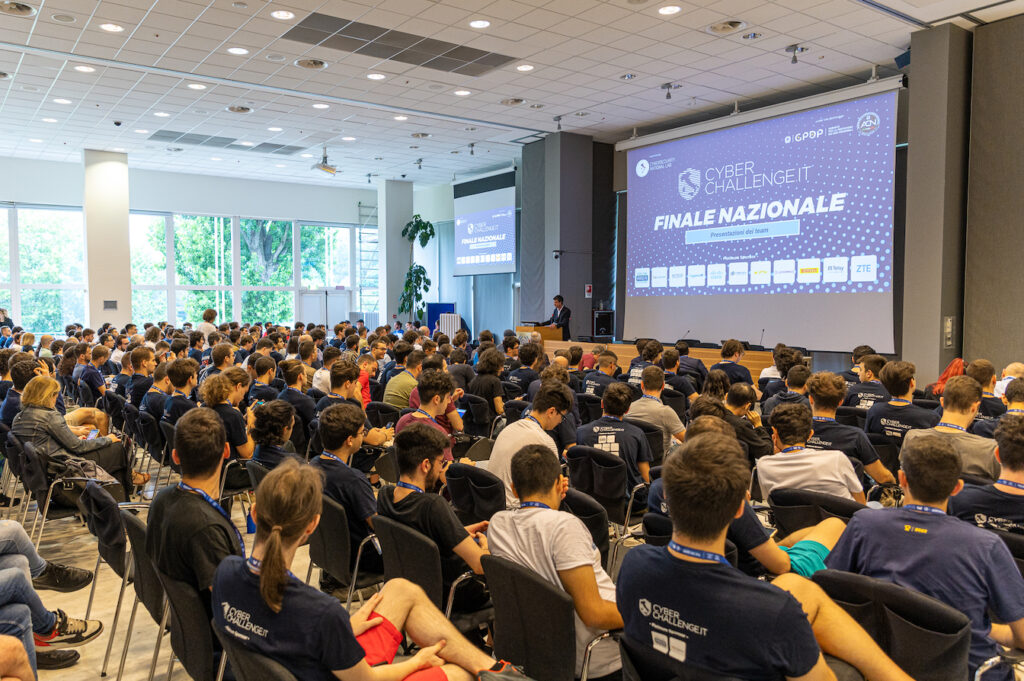
Do you have any ideas or other initiatives to expand the importance of cybersecurity training for young people?
In addition to the CyberChallenge IT programme, which is mainly dedicated to university students, OliCyber is also committed to high school students. For two years, we have been organising the CyberTrials programme to reduce the gender gap in STEM subjects and the cyber world. More indirectly, about young people, we have also been running the CyberHighSchools initiative for a few years now, dedicated to creating a community of teachers who are more aware of cybersecurity issues. As part of the latter programme, we organise annual basic and advanced courses in cybersecurity in which more than a thousand teachers have participated, created to give teachers the proper knowledge and materials to discuss these issues in their classes.
Let’s talk about TeamItaly: who is it composed of, and what competitions it participates in?
TeamItaly is the Italian National Cybersecurity Team, composed annually of 20 participants, 10 of whom are juniors (14-19 years old) and 10 seniors (20-24 years old), selected based on the results of our competitions and made up of the best of the thousands of participants in the Italian Cybersecurity Olympiad and CyberChallenge.IT projects.
TeamItaly officially represents Italy in institutional competitions, first among them the European Cyber Security Challenge (ECSC), organised annually by the European Cybersecurity Agency ENISA, whose next edition will be held at the end of October in Norway and in numerous other competitions in the sector throughout the year with excellent results.
CyberChallenge.IT: what topics are addressed during the programme? Do you have partnerships with companies to get the participants trained at the end of the programme into work?
One of the aims of the project is to introduce the main branches of IT security to the young participants to orient them consciously towards their discipline. For this reason, during the training course, we touch on topics such as cryptography, web security, hardware and software security, network security and OSINT.
The realisation of our projects is made possible each year thanks to the sponsorship of dozens of international and local companies who bring their experience to the field. They offer the participants the opportunity to be placed in the industry. In addition to the companies’ contribution, the project is supported by institutions such as the National Cybersecurity Agency and the Data Protection Authority.

